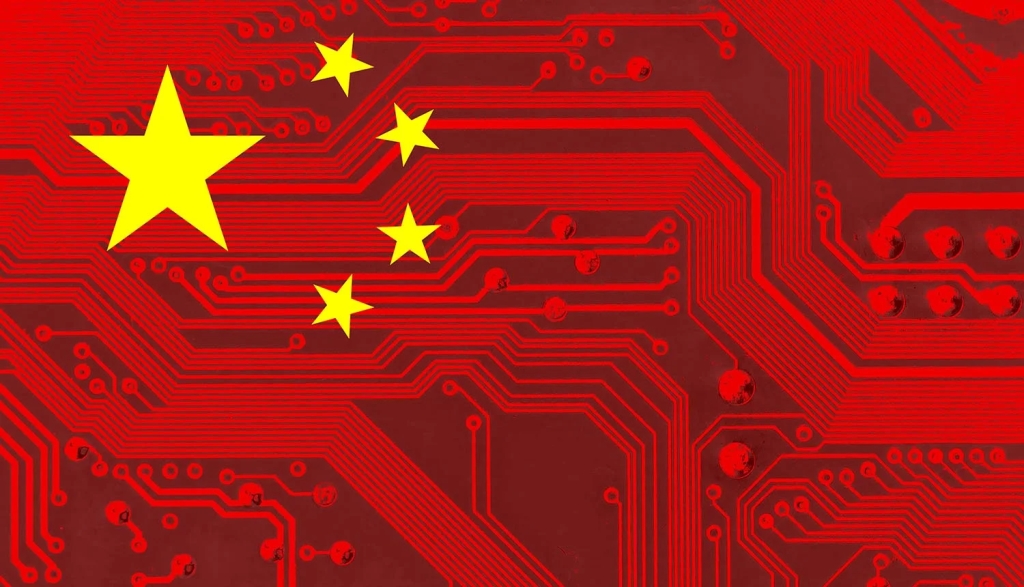Kiran Paul

In a coordinated effort to confront Beijing’s alleged cyber espionage activities, the United States Department of Justice has unsealed an indictment targeting seven Chinese state-sponsored hackers.
The indictment alleges a widespread, 14-year campaign aimed at U.S. and foreign targets, including businesses, political officials, and critics, in pursuit of China’s economic espionage and political spying objectives. Simultaneously, the U.S. Treasury Department has imposed sanctions on two hackers and a front company involved in breaching critical U.S. infrastructure, including defence and energy sectors.
Authorities in the United States and the United Kingdom have levelled allegations against hackers supported by China’s government intelligence agency for orchestrating a protracted cyber-attack initiative spanning several years. The operation, as per US officials, aimed at various politicians, journalists, and businesses, deploying intricate phishing tactics to target political dissidents and critics of China. These targeted campaigns led to the compromise of numerous email systems and networks, underscoring the severity of the cyber threat posed by state-sponsored actors said The Guardian newspaper.
The British government has joined this condemnation, imposing sanctions on the hackers and the implicated company for their purported involvement in targeting U.K. parliamentarians and electoral commission systems. This united front by the U.S. and U.K. signifies a clear message to Beijing, denouncing cyber activities that jeopardize national security and suppress dissidents abroad as intolerable breaches of international norms.
Attorney General, Merrick Garland emphasized the Justice Department’s unwavering stance against Chinese government intimidation tactics, stating that such actions not only threaten national security but also infringe upon American laws protecting dissent. U.K. Home Secretary James Cleverly echoed these sentiments, condemning China’s assault on democratic institutions and vowing to challenge any attempts to subvert elected representatives and electoral processes.
Brian Nelson, the Under Secretary for Terrorism and Financial Intelligence at the Treasury, emphasized the United States’ commitment to thwarting malicious cyber operatives’ perilous and reckless behaviours, safeguarding its citizens and critical infrastructure. This declaration underscores the government’s proactive stance in addressing cyber threats and ensuring national security in the face of evolving cyber challenges said The Economic Times.
The indicted hackers, identified as members of a hacking group known as APT 31, operated within China under the auspices of the Ministry of State Security’s Hubei State Security Department. Their cyber espionage activities, spanning over a decade, targeted political dissidents, government officials, and campaign personnel worldwide. Using sophisticated tactics, including malicious emails masquerading as legitimate news articles, the hackers gained access to sensitive information, compromising networks, email accounts, and cloud storage.
Among the victims were pro-democracy activists in Hong Kong and their associates, as well as officials in the White House, the Justice Department, and senators from both major U.S. political parties. Notably, the cyberattacks extended to family members, indicating a broad scope of targeting. Furthermore, election campaign staff from both parties were subjected to hacking attempts in the lead-up to the 2020 election. The indicted hackers, including Ni Gaobin, Weng Ming, Cheng Feng, Peng Yaowen, Sun Xiaohui, Xiong Wang, and Zhao Guangzong, are believed to be residing in China. The Treasury Department has sanctioned Zhao, Ni, and the Wuhan Xiaoruizhi Science and Technology Company implicated in the cyberattacks. This joint action by the U.S. and U.K. underscores the gravity of the situation, emphasizing the need for international cooperation to counter malicious cyber activities and uphold democratic principles in the face of foreign interference